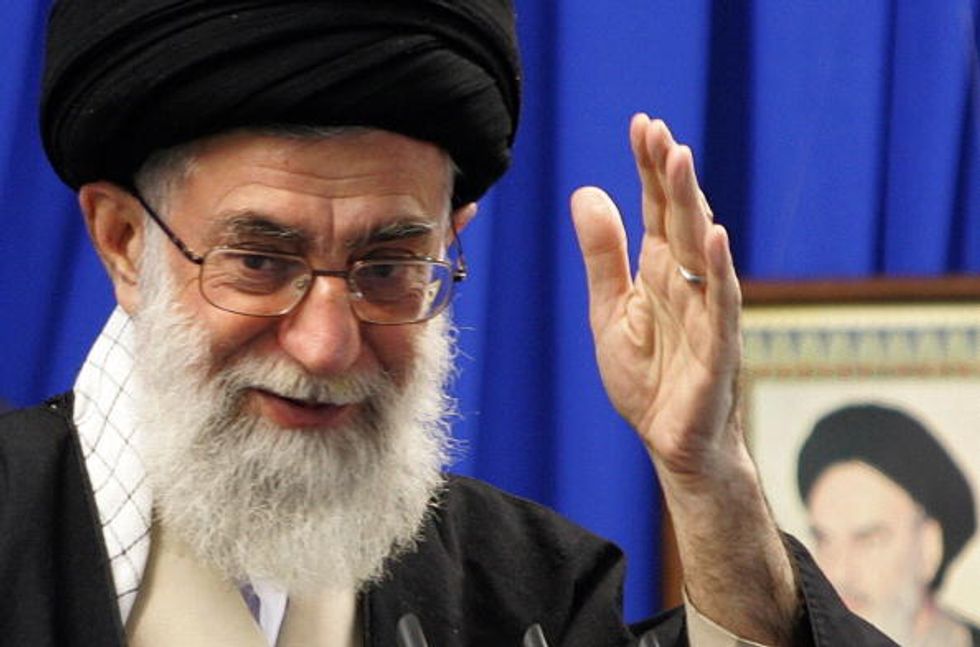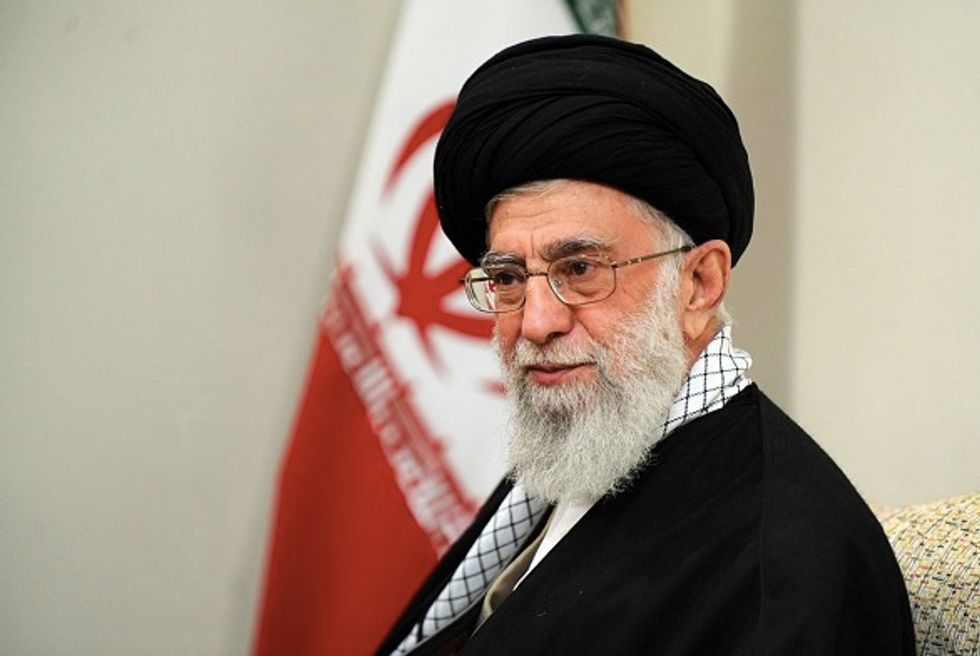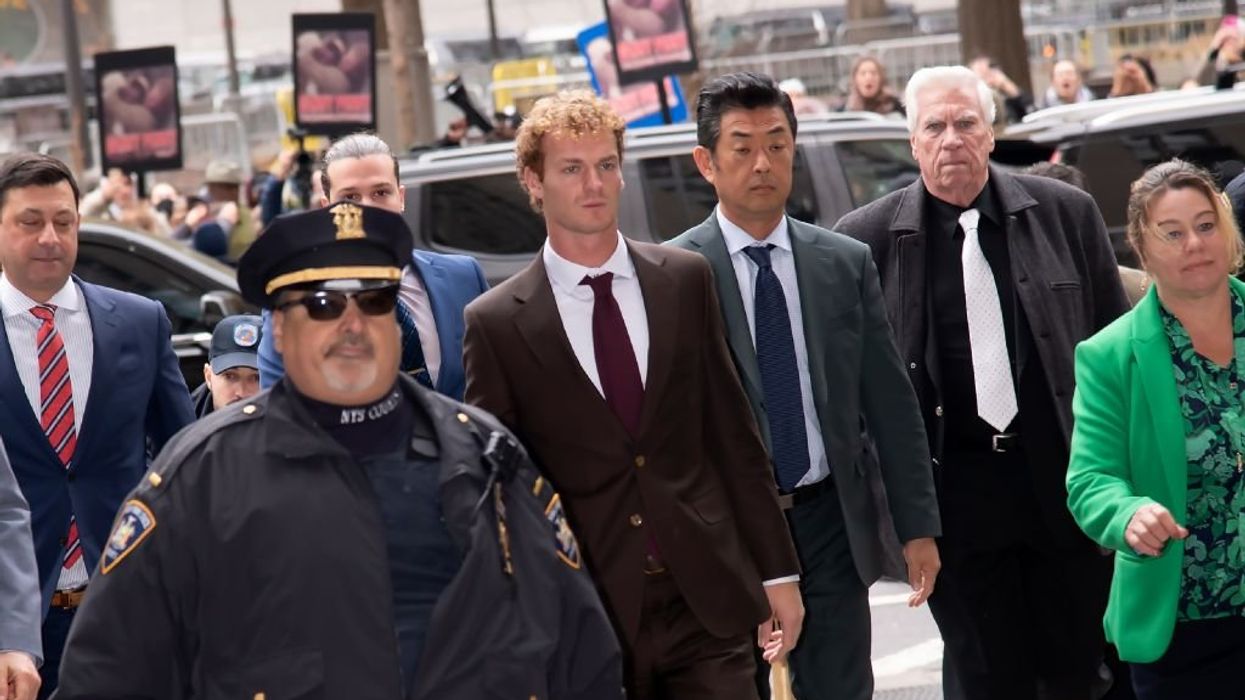
Iran's supreme leader Ayatollah Ali Khamenei delivers the sermon of the weekly Friday noon prayer at Tehran University, 13 October 2006. Iran's supreme leader Ayatollah Ali Khamenei is suffering from a severe bout of flu, the semi-official Fars news agency said on Wednesday, denying persistent rumours about his illness and even reports that he had died. AFP PHOTO/ATTA KENARE (Photo credit should read ATTA KENARE/AFP/Getty Images)




